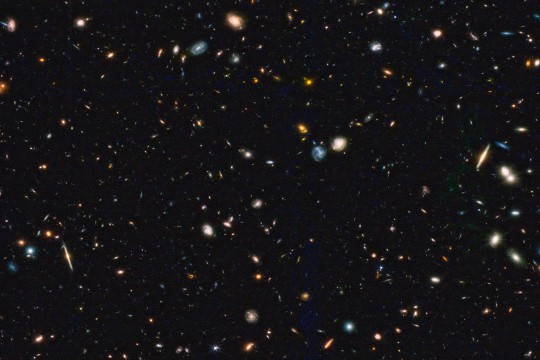News
-
September 30, 2022
![laptop screen showing a piece of art and the breakdown of the colors used.]()
RIT students help museums preserve artifacts with studio photography
Spectrum News talks to Assistant Professor Susan Farnand and color science Ph.D. students Olivia Kuzio and Leah Humenuck about their research to help museums and other cultural heritage institutions preserve historically significant artifacts.
-
September 26, 2022
![graphic with portraits of 11 people.]()
Distinguished alumni named for 2022-2023
Eleven RIT alumni have been awarded Distinguished Alumni Awards for the 2022-2023 year. It is the highest award an RIT college can bestow upon its alumni and recognizes alumni who have performed at the highest levels of their profession or who have contributed to the advancement and leadership of civic, philanthropic, or service organizations. The 2022-2023 recipients will be honored during presentations throughout the academic year.
-
September 12, 2022
![green overlay on image of two students working on a 3D printer.]()
RIT cited as one of the best universities in the nation by ‘U.S. News’
Innovation, value, co-op education, and excellence in undergraduate teaching are among the categories in which RIT is highly ranked and listed as one of the best national universities by U.S. News & World Report.
-
September 12, 2022
![student standing outdoors near a house with snow in the background.]()
Student studies science and French
Tori Russell, a second-year biotechnology and molecular bioscience student from Warsaw, N.Y., recently added the College of Liberal Arts’ applied modern language and culture program as a second major. Russell is enrolled in the newest French option for this program.
-
September 6, 2022
![a science museum exhibit featuring projections of the surface of the Earth on a large sphere.]()
RIT establishes formal partnership with RMSC
RIT’s College of Liberal Arts and College of Science have signed a Memorandum of Understanding with the RMSC to formalize a partnership between the institutions. Through the formalized partnership, RIT and RMSC will build upon and expand its existing collaborations to benefit both the RIT and greater Rochester communities.
-
September 1, 2022
![a smokestack from a building emitting exhaust.]()
Scientists find the social cost of carbon is more than triple the current federal estimate
After years of robust modeling and analysis, a multi-institutional team including researchers from RIT has released an updated social cost of carbon estimate that reflects new methodologies and key scientific advancements.
-
August 29, 2022
![side-by-side images of the Jewel Bug Nebula, with the left showing purples and blues and the right showing reds, blues, and greens.]()
RIT scientists to study molecular makeup of planetary nebulae using radio telescopes
By using radio telescopes to study sun-like stars in their death throes, scientists hope to reveal important information about the origin of life-enabling chemicals in the universe. The NSF is awarding a $339,362 grant to a team led by Professor Joel Kastner to conduct such a study.
-
August 25, 2022
![graphic of a lightbulbs shining onto three pictures of roses.]()
Why does paint look good in stores but bad on your wall? It’s science.
The Washington Post talks to Mark Fairchild, professor and graduate program director, color science program, about what affects how color is perceived. (This content requires a subscription to view.)
-
August 25, 2022
![a painting of two women wearing decorative hats.]()
RIT students and faculty are helping to streamline the preservation of history
WROC-TV talks to Olivia Kuzio, a color science Ph.D. student, and Susan Farnand, assistant professor in the color science program, about an imaging system to help museums preserve and conserve their artifacts.
-
August 24, 2022
![two people using a handheld scanner on a fabric flag with a bald eagle.]()
RIT scientists develop spectral imaging techniques to help museums with conservation efforts
Scientists from RIT are turning studio photography technology on its head to help museums and other cultural heritage institutions preserve historically significant artifacts.
-
August 5, 2022
![Student and professor in lab, looking at computer screen]()
RIT student Lazar Buntic awarded NASA FINESST graduate student fellowship
RIT student Lazar Buntic received a earned a graduate research fellowship through the Future Investigators in NASA Earth and Space Science and Technology program to develop infrared detectors for next generation telescopes.
-
August 4, 2022
![image from a space telescope showing specks and blobs of differing sizes and colors.]()
RIT astrophysicists collaborate on JWST survey yielding wide view of the early universe
New images from NASA’s James Webb Space Telescope show what may be among the earliest galaxies ever observed. The images were taken from the Cosmic Evolution Early Release Science Survey (CEERS), led by a scientist at The University of Texas at Austin. Jeyhan Kartaltepe, an associate professor from RIT, is one of 18 co-investigators from 12 institutions along with more than 100 collaborators from the U.S. and nine other countries.
















